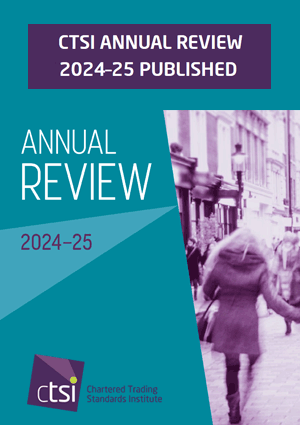National Archives
|
|
File release: Cold War Cambridge spies Burgess and Maclean
Recently we released over 400 files from the Security Service (MI5), Foreign and Commonwealth Office and Cabinet Office which focus on Cold War investigations that revealed Guy Burgess and Donald Maclean to be part of the Cambridge Spy Ring, one of the most famous spy cases in history.
The collection also includes other intelligence operations, suspected agents and individuals under surveillance, such as Lord Boothby and the enquiry into the disappearance of Commander Crabb. The collection spans the inter-war years, Second World War and post-war eras.
The art of deception
They files contain ‘the inside story’ of this historic scandal and details on Burgess and Maclean’s connections with others in the Cambridge Spy Ring, such as Kim Philby. There are also some fascinating insights into their characters including correspondence with their families, Burgess’ previous indiscretions in Tangier and a drawing he did of MI5 studying the Burgess-Pollock letters in 1956.
Also, for the first time we get to see all the finer details of what happened to Commander Crabb on the day of the ill-fated secret operation which led to his death. These papers lay bare all the blunders that happened throughout the course of this operation with an account from ‘C’, Director-General of MI5 at the time.
Dr Stephen Twigge, Head of Modern Records at The National Archives, said, ‘This release is fascinating because for the first time the Security Service, Foreign Office and Cabinet Office files are being released together showing all sides of story on how they identified Burgess and Maclean as Soviet agents and details around their disappearance. These files also reveal other operations going on during the Cold War such as the infamous disappearance of “the frogman” Commander Crabb.’
These files are now open to the public in The National Archives reading rooms in London, with a selection of 30 key files available to view online.
Listen to an introduction to the files by Professor Christopher Andrew, former official historian of MI5. You can also listen to a discussion about the files with Stephen Twigge, head of modern collections at The National Archives, Professor Christopher Andrew, and Gill Bennett, former chief historian of the Foreign and Commonwealth Office.



